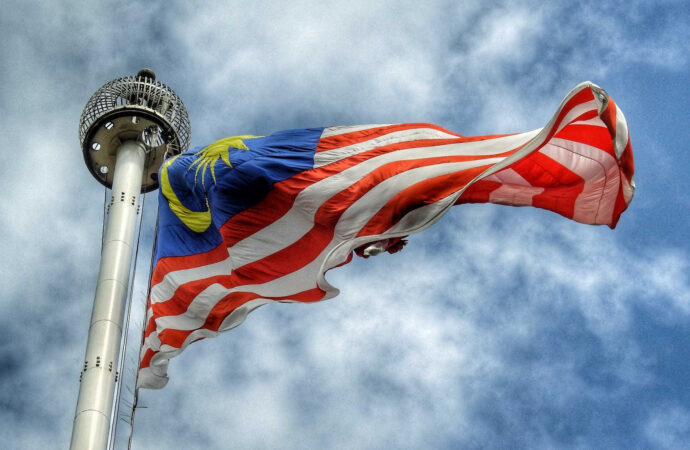Malaysia, a burgeoning tech hotspot, finds itself at the center of the intensifying geopolitical struggle over 5G technology. The nation’s government has received warnings from both the United States and the European Union, cautioning it against integrating Huawei’s technology into its 5G network.
US and EU Letters
Both the US and EU, through their envoys, have issued letters to the Malaysian government, according to a report by the Financial Times. The prompt for these communications has been Malaysia’s decision to review the tender process for its state-backed national 5G network. Originally, Ericsson was slated to be the sole vendor for the project. However, a newly elected government deemed the selection process lacking in transparency, leading to a comprehensive review.
Huawei’s Potential Re-entry
This review has reopened the door for Huawei, which has reportedly been lobbying heavily for a chance to contribute to Malaysia’s 5G network. The situation has been further complicated by reports that Malaysia is contemplating the creation of a second state-run 5G network. This development could provide another opportunity for Huawei to secure a foothold in the country’s telecommunications infrastructure.
The Warnings
Brian McFeeters, the US ambassador to Malaysia, has warned that disrupting the existing model could undermine the growth of new industries and stall 5G development in Malaysia, damaging the country’s international business-friendly reputation. He also highlighted the potential national security risks associated with allowing untrusted suppliers to contribute to the network.
Michalis Rokas, Ambassador and Head of the EU Delegation to Malaysia, echoed these concerns. He hinted that choosing the wrong 5G vendor could lead to a reduction in future EU investment in Malaysia.
An Unprecedented Geopolitical Situation
These communications can be interpreted as thinly veiled threats of significant economic and political repercussions if Malaysia opts to work with Chinese vendors like Huawei. The US has recently passed a law aimed at dissuading its allies from utilizing Chinese telecommunications technology.
It is probable that Malaysia is also receiving communications from China, advocating for the inclusion of Chinese vendors in its 5G network. This situation positions Malaysia as the latest battleground in the ongoing geopolitical contest between the US and Chinese spheres of influence.
The consideration of a second 5G network could be an attempt to appease both parties. However, it remains doubtful whether this solution would be satisfactory for the US. The forthcoming decisions by the Malaysian government could have far-reaching implications for the global 5G landscape and the broader geopolitical climate.
Source: Telecoms.com










Leave a Comment
Your email address will not be published. Required fields are marked with *